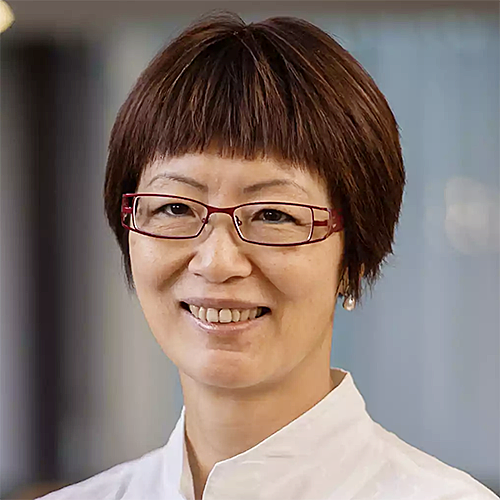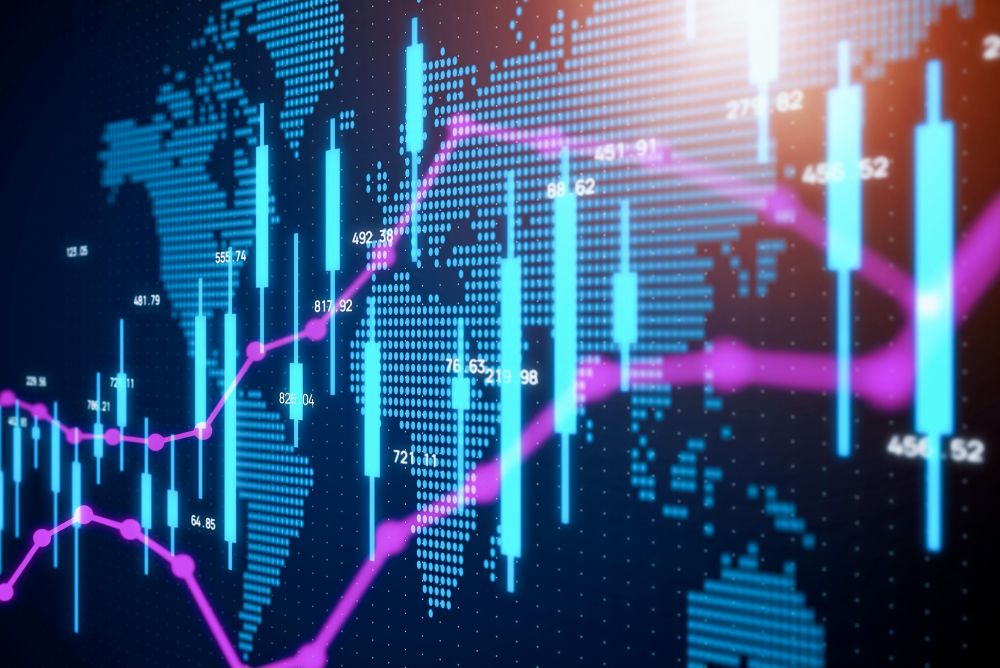The SK Group, one of the largest conglomerates in South Korea, is working towards investing US$1 billion in Vingroup, Vietnam's biggest company by value. On a wider macro level, the two countries’ governments are joining forces in a bid to improve Vietnam’s investment environment.
The transaction was earmarked for this April via SK Southeast Asia Investment, a company the Korean chaebol formed last year in Singapore to focus on investing in startups and high-growth projects in Southeast Asian countries, as well as managing the group’s current flagship businesses.
At the time of establishment, five members of the SK Group - namely, SK C&C Co., SK Innovation Co., SK Telecom Co., SK Hynix Inc. and SK E&S Co. - had decided to invest a total of US$500 million. This comprised US$100 million from each company channelled into the new firm. The five entities have recently added another US$500 million to the original amount.
The SK Group includes businesses across energy, chemicals, telecommunications, semiconductors, logistics, and services. With the establishment of its Southeast Asian investment arm, the group’s “Southeast Asia Insider” strategy is expected to gain momentum.
The chaebol has been considering Southeast Asia as an alternative market to China. In Vietnam, SK Innovation has some oil and gas exploration and production business, not to mention the now-insolvent S-Fone project, a joint venture between SK Telecom and local firm Saigon Postel. Mobile phone operator S-Fone used CDMA technology, which was not popular in Vietnam, and went bankrupt before being able to shift to GSM technology.
Two months after setting up SK Southeast Asia Investment, the group acquired a 9.5% stake in Masan for US$470 million through this investment arm. Both Vingroup and Masan are among the 10 biggest Vietnamese-listed firms by market cap.
In late March, Vingroup announced it was going to issue a private placement of 250 million shares at a minimum price of 100,000 Vietnamese Dong (US$4.31) each, to raise at least US$1 billion, and the funds were expected to come from five unnamed foreign institutional investors. Part of the funding is expected to be allocated for Vingroup's debt restructuring, while another part is intended for its automaker Vinfast, and its technology arms Vinsmart and Vintech.
The private placement’s proceeds are expected to be known before this year’s Vingroup annual general meeting (AGM). The group has not finalized the time of the AGM, but it must take place by this June 30, as regulated.
Also, as part of preparations for the AGM, Vingroup had to disclose the prices its Vinfast and Vinsmart divisions paid last year for its General Motors Vietnam takeover, and also for a 51% stake in Spanish smartphone maker BQ. Accordingly, the M&A deal with American automaker GM cost it US$39.13 million, while the investment into BQ was around US$40 million.
Last December, Vinsmart added a new brand, Vsmart, to Vietnam’s already-crowded smartphone marketplace, produced at a US$33.9 million factory in the northern city of Haiphong. Vinsmart has licensed BQ’s models for sale under the new Vsmart brand, and the plant will also manufacture the Spanish company’s own devices, in addition to Vsmart smartphones.
Vingroup’s entry into the auto and smartphone businesses is part of its transformation into a technology conglomerate. The shift has attracted the SK Group.
The SK investment interest came out as Vietnam and South Korea pledged to further enhance cooperation in the finance sector to benefit both parties. To accomplish the commitment, Vietnam’s Ministry of Planning and Investment (MPI) has started working on a joint project with the Korea International Cooperation Agency (KOICA).
The project, for which the Korean government pledged non-refundable funding of US$5.5 million, aims at further improving Vietnam’s investment procedures and e-government systems.
Late March, Vietnam’s General Statistics Office announced the country had enjoyed a GDP expansion of 6.79% in the first quarter amid weakening global demand and ongoing Sino-US trade tensions. Right after that, the Asian Development Bank (ADB) announced it had forecast Vietnam’s economy would grow by 6.8% this year and 6.7% next year.
Last year, the Vietnamese economy expanded by 7.08% year-on-year, representing the fastest rate of growth since 2008, primarily as a result of strong exports and domestic demand.









